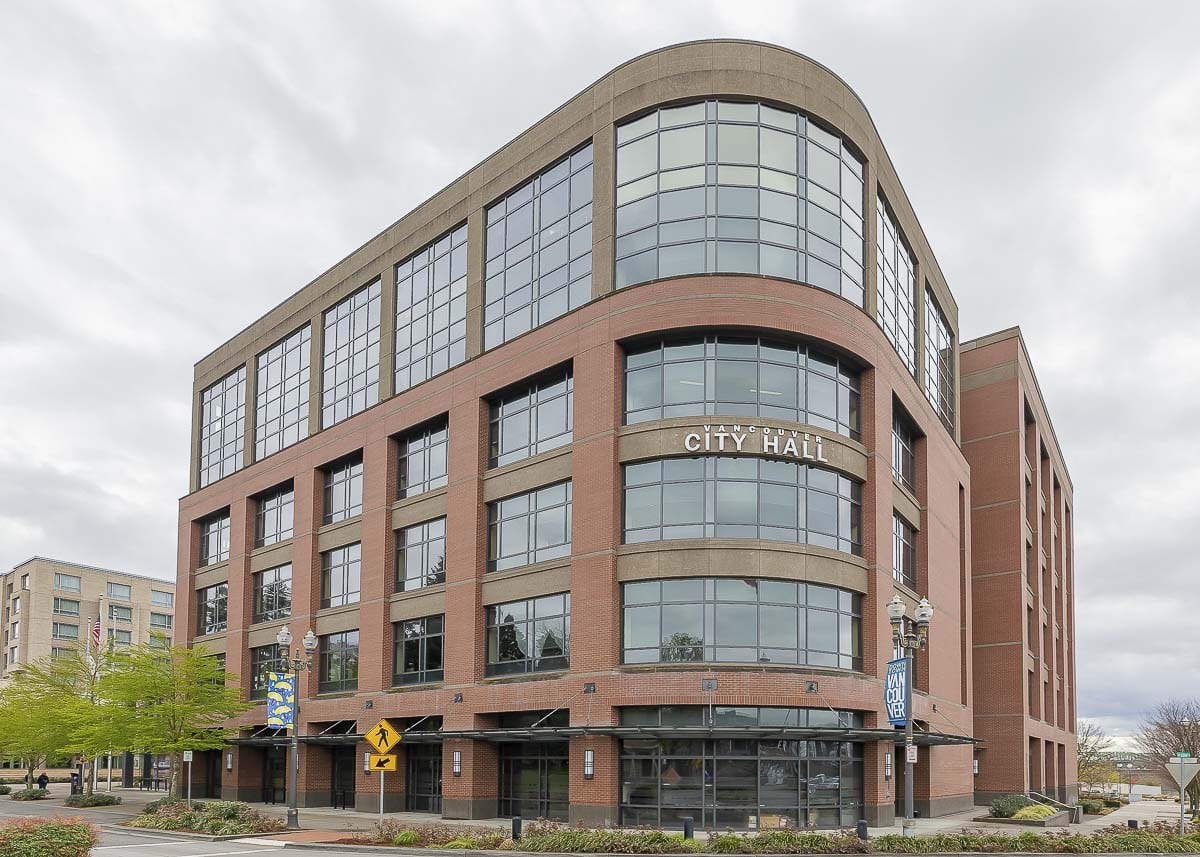Defining affordable housing and contributions to the public good are on the table
VANCOUVER — “Sophisticated and complex.”
That’s how Vancouver City Manager Eric Holmes began a work session this week on potential changes to the Multifamily Tax Exemption (MFTE) program.
That program, adopted by the city in 1997, is meant to incentivize developers to include affordable housing units in exchange for property tax exclusions of 8-12 years.

Currently, the MTFE applies only in parts of downtown Vancouver, as well as the Fourth Plain Corridor.
According to Chad Eiken, the city’s Community and Economic Development director, the MTFE has been approved for 30 projects, accounting for $500 million in private development and 2,600 housing units, 25 percent of which were considered affordable.
Last November, members of the Vancouver City Council approved an eight-year tax exemption worth $772,000 for Holland Partners Group, in exchange for agreeing to make 22 of the 110 apartment units at their Block 10 development affordable, meaning no more than 30 percent of the area median income.
Before voting unanimously to approve the tax incentive, several City Council members noted that “affordable” was being defined based on the Portland Metropolitan area median family income, which is currently over $92,000.
That means a two-bedroom apartment at the Block 10 development could be north of $2,000 and still qualify as affordable.
Following that decision, members of the City Council asked staff to begin working on a plan to address the situation.
The proposal discussed at a work session on Monday would use the Vancouver-area median household income of $65,000 in order to calculate affordability for MFTE qualifications.
Calculating affordable units with those numbers, that same two-bedroom apartment would top out at around $1,451 a month, or nearly $622 less.
The MFTE could also be expanded to include other redevelopment areas, such as the Mill Plain corridor and parts of east Vancouver.
While most of the council members seemed to be in favor of making the adjustment, Councilor Linda Glover offered some words of caution.
“I’m not saying that we can’t do some adjustments,” she said, “but are we making the adjustment and then causing some unintended consequences?”
Glover said she wants to make sure city staff get feedback from enough developers to make sure the changes wouldn’t disincentivize them from developing in downtown Vancouver, which is in dire need of more residential units in order to continue attracting businesses, such as a long sought after grocery store.
“We don’t have enough people yet to have those people come in and be really seriously looking at downtown,” said Glover. “That would give me the sense that we aren’t there yet, that we need to continue to incentivize the developers to come in.”
Public Benefit adjustments
Another aspect of the MFTE is an eight-year tax exemption if developers agree to include improvements “for the public benefit” as part of their project.
Eiken said the definition of “public benefit” remains somewhat vague, and causes confusion between developers and city staff in trying to decide if the developers qualify for the MFTE.
Those public benefit improvements can include design elements, public art, additional parking, enhanced landscaping, energy efficiency improvements, enhanced infrastructure, or a homeownership component.
“We think one thing that’s missing in particular, that’s caused confusion, is there’s no expected value for that public benefit or cost to the developer,” said Eiken. “And it’s also not clear whether that public benefit was intended to be provided on the development site or could be provided elsewhere.”
At its Sept. 21 meeting, the Central City Redevelopment Authority recommended that the public benefit component be changed to a $2,000 per unit “fee-in-lieu,” which would go into the city’s Affordable Housing Fund to be leveraged over a 20-year period.
Several council members indicated they would prefer to keep the public benefit tax exemption, but more clearly define what improvements would qualify, and set a minimum dollar amount.
City staff will continue to refine the proposal and return for a follow-up work session at a later date. If council decides to move ahead, they could vote on the ordinance change as early as November, with implementation beginning in 2021.




